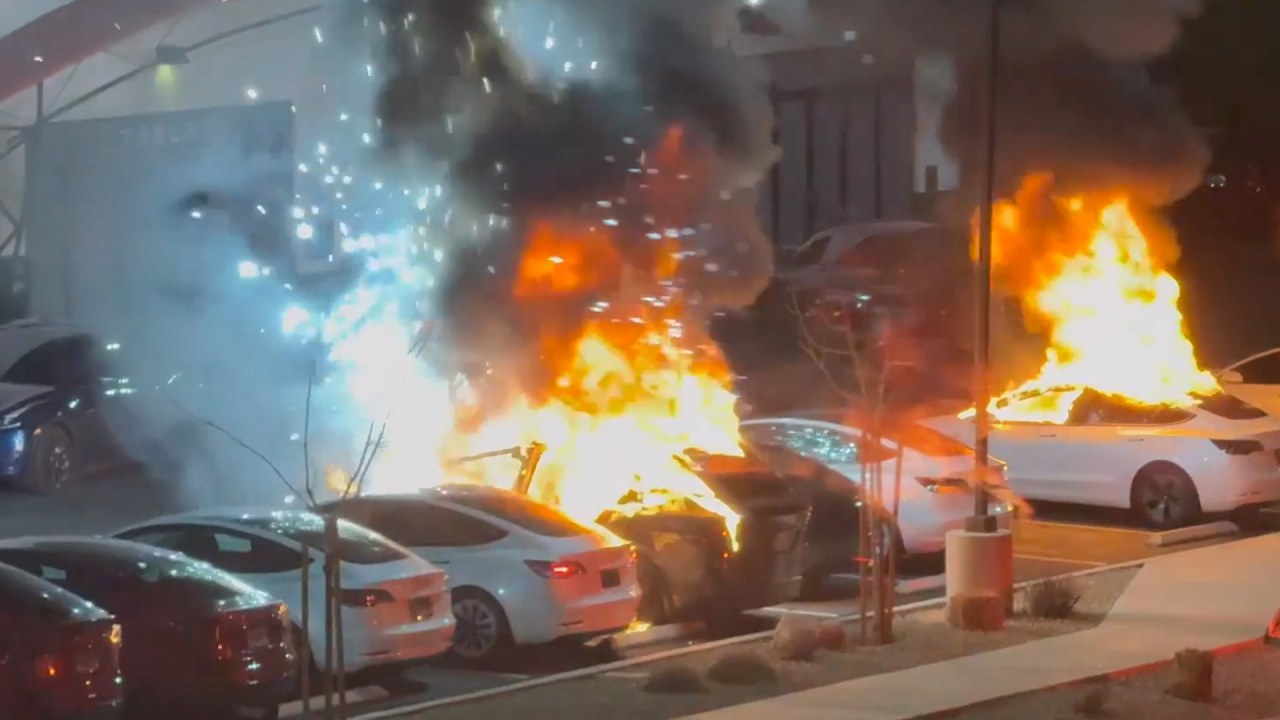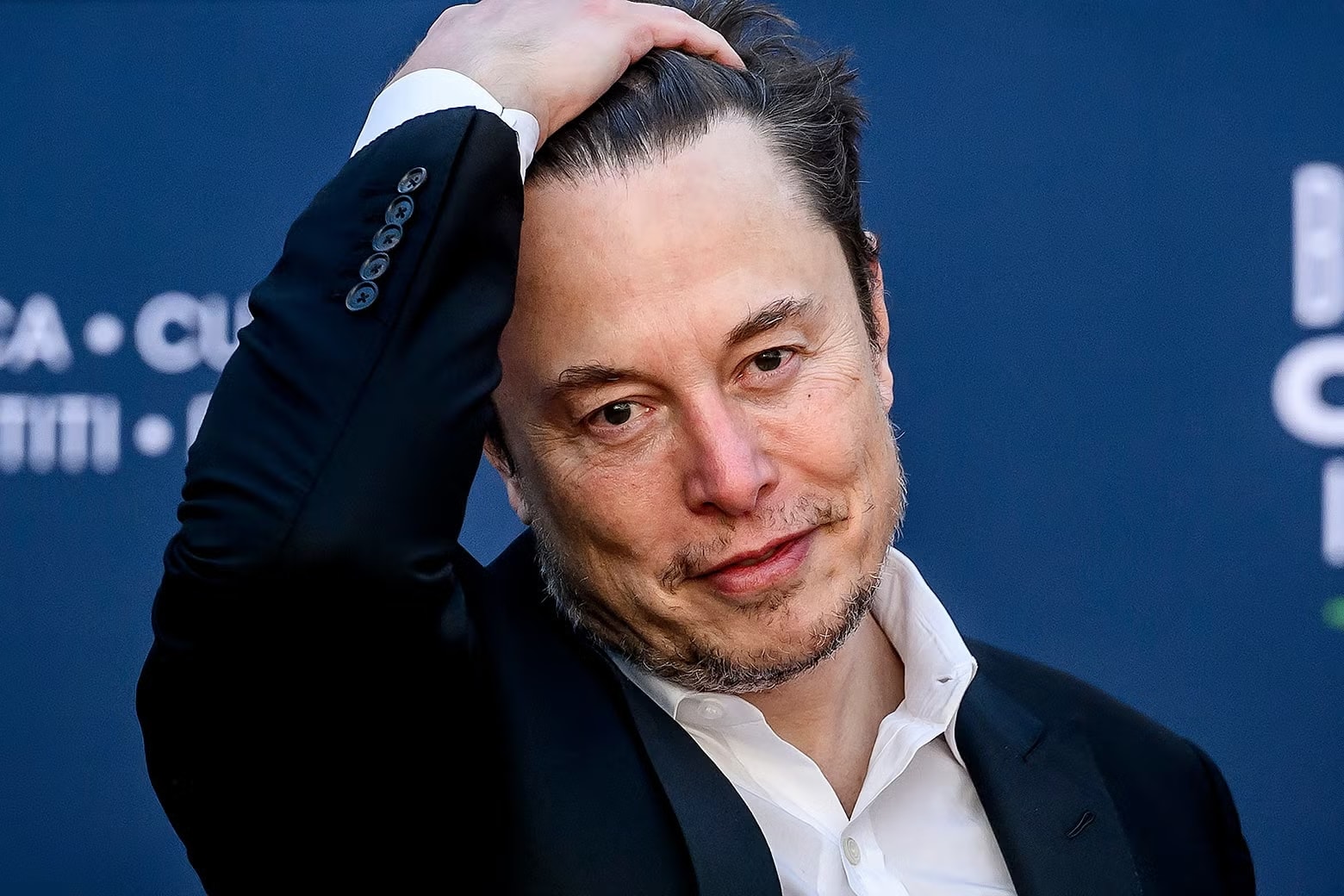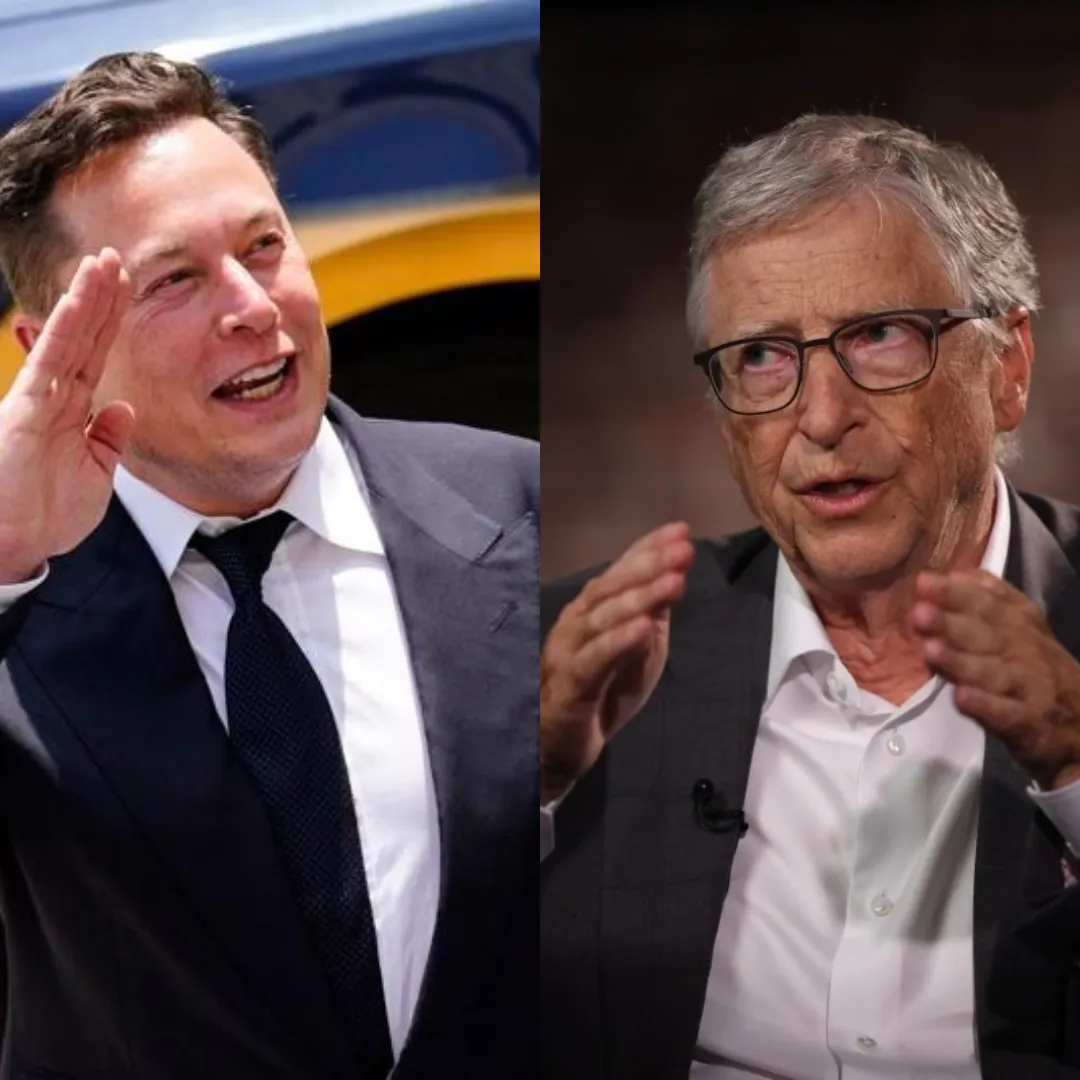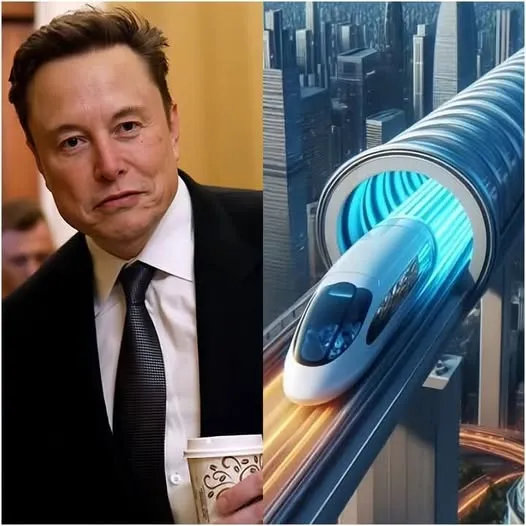
A Tesla dealership in Las Vegas became the latest target of a violent attack as an unknown assailant set fire to vehicles, fired shots, and left a clear message of defiance. The attack, which law enforcement officials believe was deliberate, underscores a growing wave of hostility directed at Tesla and its CEO, Elon Musk.
According to Assistant Sheriff Dori Koren of the Las Vegas Metropolitan Police Department (LVMPD), the suspect, dressed in black, carried out a well-planned assault involving Molotov cocktails, gunfire, and graffiti. The word "resist" was prominently spray-painted on the front doors of the dealership, while at least two Tesla vehicles were set ablaze. A total of five Tesla cars sustained damage during the incident.
Investigators also discovered an unignited Molotov cocktail inside one of the vehicles, a chilling sign that the destruction could have been even worse.
Despite the severity of the attack, authorities have assured the public that there is no ongoing threat. However, the LVMPD has ramped up security at other Tesla locations, acknowledging the possibility of similar incidents. The attack is being classified as "targeted," suggesting that it was not a random act of vandalism but rather an assault with a specific message.

Tesla CEO Elon Musk swiftly responded to the attack on social media, calling it "insane and deeply wrong." His reaction comes amid a string of similar acts of vandalism and destruction at Tesla facilities, fueling speculation that these attacks are part of a larger movement against the billionaire entrepreneur.
Musk has increasingly found himself at the center of controversy, not just for Tesla’s operations but also for his involvement in broader political and economic matters.
One possible motivation behind the attacks is Musk’s connection to the Trump administration’s Department of Government Efficiency (DOGE). The agency, focused on cutting government jobs and streamlining federal programs, has faced fierce criticism from labor unions, activists, and political opponents.
Some believe Musk’s role in DOGE has made him a target of individuals who view his influence as detrimental to working-class Americans. The phrase "resist" scrawled on the Las Vegas dealership’s entrance could point to an ideological opposition to Musk’s policies and business practices.

While Tesla has long been a polarizing company, known for disrupting traditional industries and pushing aggressive innovation, the recent surge in violence against the company marks a shift from corporate criticism to outright hostility. Other Tesla facilities have reported acts of vandalism in recent months, though none as violent as the Las Vegas attack.
Some suspect that online anti-Tesla rhetoric, fueled by opposition to Musk’s outspoken political views and business decisions, may be encouraging real-world aggression.
Increased police presence at Tesla locations suggests that authorities are taking the threat seriously. However, the attack raises concerns about whether this is an isolated incident or the beginning of a broader movement against the company.
With Musk remaining a divisive figure in both business and politics, Tesla may continue to be a target for those who see the company as a symbol of corporate overreach, economic disparity, or political influence.

Beyond the immediate impact on Tesla, the attack also raises questions about the intersection of corporate power and political activism. Musk’s close ties to government initiatives have blurred the lines between business and politics, making him a lightning rod for criticism from both ends of the political spectrum.
Whether motivated by ideological opposition, frustration over government policies, or anger at Musk himself, the attack on the Las Vegas dealership signals a growing willingness among his detractors to escalate their opposition.
For Tesla, the challenge now is not just repairing the damage from this attack but also ensuring that its employees and customers feel safe. While financial losses from vandalism may be minor in the grand scheme of Tesla’s multi-billion-dollar empire, the reputational damage and the potential for future attacks pose a much greater risk.
If hostility toward Musk continues to translate into violence, the company may need to rethink its security measures and public relations strategy.
As authorities continue to investigate the Las Vegas attack, the broader implications for Tesla, Musk, and the public remain uncertain. What is clear, however, is that this is not just an isolated act of destruction—it is a statement, one that reflects the growing divide between those who support Musk’s vision and those who see him as a threat.
Whether this division will intensify or fade remains to be seen, but for now, the battle lines have been drawn.
-1742368814-q80.webp)
-1742888834-q80.webp)

